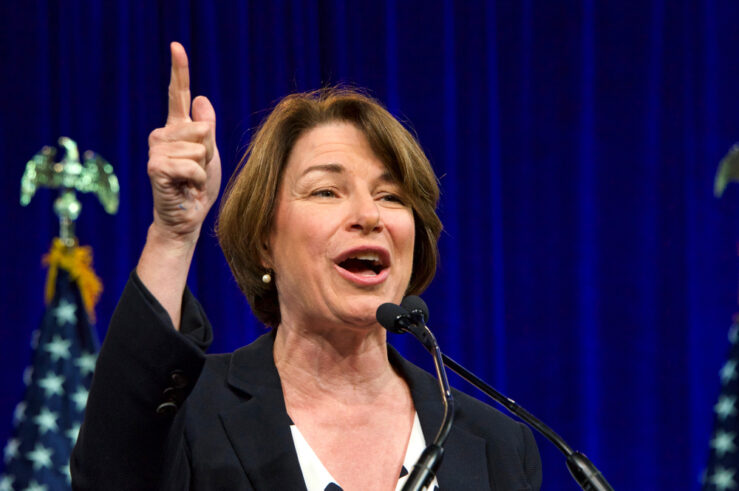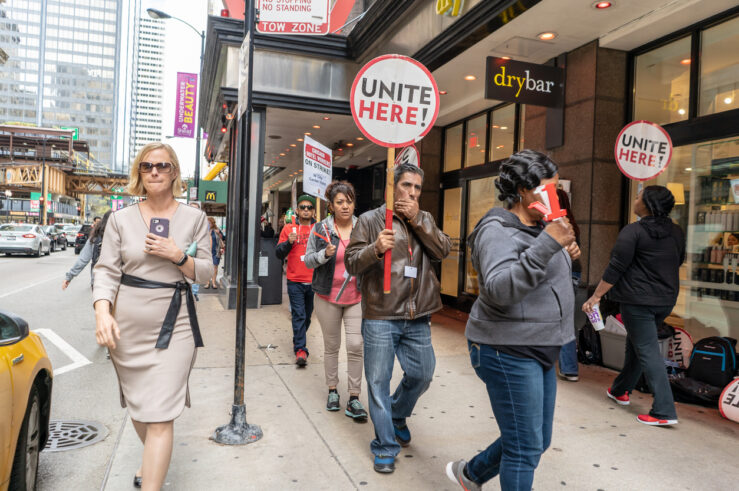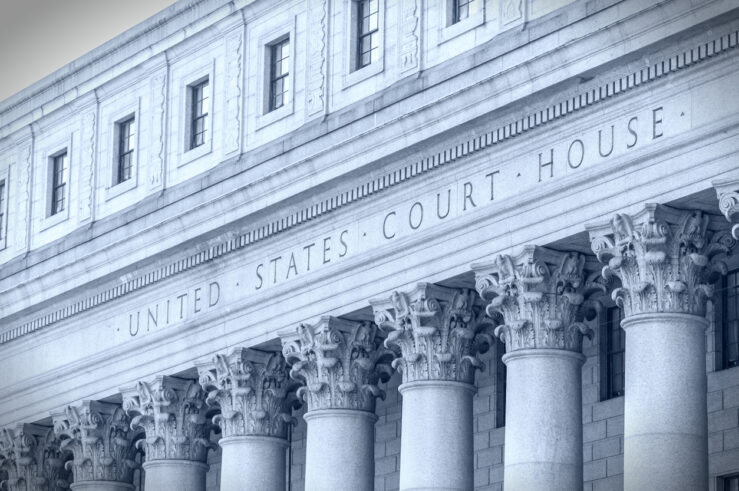Showing archive for: “Barriers to Entry”
Mi Mercado Es Su Mercado: The Flawed Competition Analysis of Mexico’s COFECE
Mexico’s Federal Economic Competition Commission (COFECE, after its Spanish acronym) has published the preliminary report it prepared following its investigation of competition in the retail electronic-commerce market (e.g., Amazon). The report finds that: there are elements to preliminarily determine that there are no conditions of effective competition in the Relevant Market of Sellers and in ... Mi Mercado Es Su Mercado: The Flawed Competition Analysis of Mexico’s COFECE
A Brief History of the US Drug Approval Process, and the Birth of Accelerated Approval
This is the second post about the U.S. drug-approval process; the first post is here. It will explore how the Food and Drug Administration (FDA) arose, how disasters drove its expansion and regulatory oversight, and how the epidemic of the human immunodeficiency virus (HIV) changed the approval processes. The Arrival of New Medicines Lone inventors, ... A Brief History of the US Drug Approval Process, and the Birth of Accelerated Approval
Gatekeeping, the DMA, and the Future of Competition Regulation
The European Commission late last month published the full list of its “gatekeeper” designations under the Digital Markets Act (DMA). Alphabet, Amazon, Apple, ByteDance, Meta, and Microsoft—the six designated gatekeepers—now have six months to comply with the DMA’s list of obligations and restrictions with respect to their core platform services (CPS), or they stand to ... Gatekeeping, the DMA, and the Future of Competition Regulation
Is Amazon’s Scale a Harm?
Under the leadership of its professional anti-Amazoner Chair Lina Khan, the Federal Trade Commission (FTC) has finally filed its antitrust complaint against Amazon. No, not the complaint about how it’s unfair to take six clicks to cancel your Prime membership. This is the big one. It mostly revolves around sellers needing to use Amazon’s fulfillment ... Is Amazon’s Scale a Harm?
What Is a Barrier to Entry?
Why do monopolies exist? Many textbooks point to barriers to entry as a cause of monopolies. Tyler Cowen and Alex Tabarrok’s textbook says: “In addition to patents, government regulation and economies of scale, monopolies may be created whenever there is a significant barrier to entry, something that raises the cost to new firms of entering the industry.” ... What Is a Barrier to Entry?
No More Kings? Due Process and Regulation Without Representation Under the UK Competition Bill
What should a competition law for 21st century look like? This point is debated across many jurisdictions. The Digital Markets, Competition, and Consumers Bill (DMCC) would change UK competition law’s approach to large platforms. The bill’s core point is to place the UK Competition and Markets Authority’s (CMA) Digital Markets Unit (DMU) on a statutory footing with ... No More Kings? Due Process and Regulation Without Representation Under the UK Competition Bill
The Four Ways of Spending Data
In Free to Choose, Milton Friedman famously noted that there are four ways to spend money[1]: Spending your own money on yourself. For example, buying groceries or lunch. There is a strong incentive to economize and to get full value. Spending your own money on someone else. For example, buying a gift for another. There ... The Four Ways of Spending Data
The Woman in the High Office
May 2007, Palo Alto The California sun shone warmly on Eric Schmidt’s face as he stepped out of his car and made his way to have dinner at Madera, a chic Palo Alto restaurant. Dining out was a welcome distraction from the endless succession of strategy meetings with the nitpickers of the law department, which ... The Woman in the High Office
The ABA’s Antitrust Law Section Sounds the Alarm on Klobuchar-Grassley
Sens. Amy Klobuchar (D-Minn.) and Chuck Grassley (R-Iowa)—cosponsors of the American Innovation Online and Choice Act, which seeks to “rein in” tech companies like Apple, Google, Meta, and Amazon—contend that “everyone acknowledges the problems posed by dominant online platforms.” In their framing, it is simply an acknowledged fact that U.S. antitrust law has not kept ... The ABA’s Antitrust Law Section Sounds the Alarm on Klobuchar-Grassley
Labor Antitrust Analysis Should Focus on Actual Anticompetitive Agreements
Biden administration enforcers at the U.S. Justice Department (DOJ) and the Federal Trade Commission (FTC) have prioritized labor-market monopsony issues for antitrust scrutiny (see, for example, here and here). This heightened interest comes in light of claims that labor markets are highly concentrated and are rife with largely neglected competitive problems that depress workers’ income. ... Labor Antitrust Analysis Should Focus on Actual Anticompetitive Agreements
Application of the Proper ‘Outer Boundary’ of Antitrust Liability for Alleged Refusals to Deal in New York v Facebook
Introduction The States brought an antitrust complaint against Facebook alleging that various conduct violated Section 2 of the Sherman Act. The ICLE brief addresses the States’ allegations that Facebook refused to provide access to an input, a set of application-programming interfaces that developers use in order to access Facebook’s network of social-media users (Facebook’s Platform), ... Application of the Proper ‘Outer Boundary’ of Antitrust Liability for Alleged Refusals to Deal in New York v Facebook
Judge Ginsburg: On the Proposed Digital Markets Unit and the UK’s Competition and Markets Authority
Thank you, Victoria, for the invitation to respond to Mr. Coscelli and his proposal for a legislatively founded Digital Markets Unit. Mr. Coscelli is one of the most talented, successful, and creative heads a competition agency has ever had. In the case of the DMU [ed., Digital Markets Unit], however, I think he has let ... Judge Ginsburg: On the Proposed Digital Markets Unit and the UK’s Competition and Markets Authority















